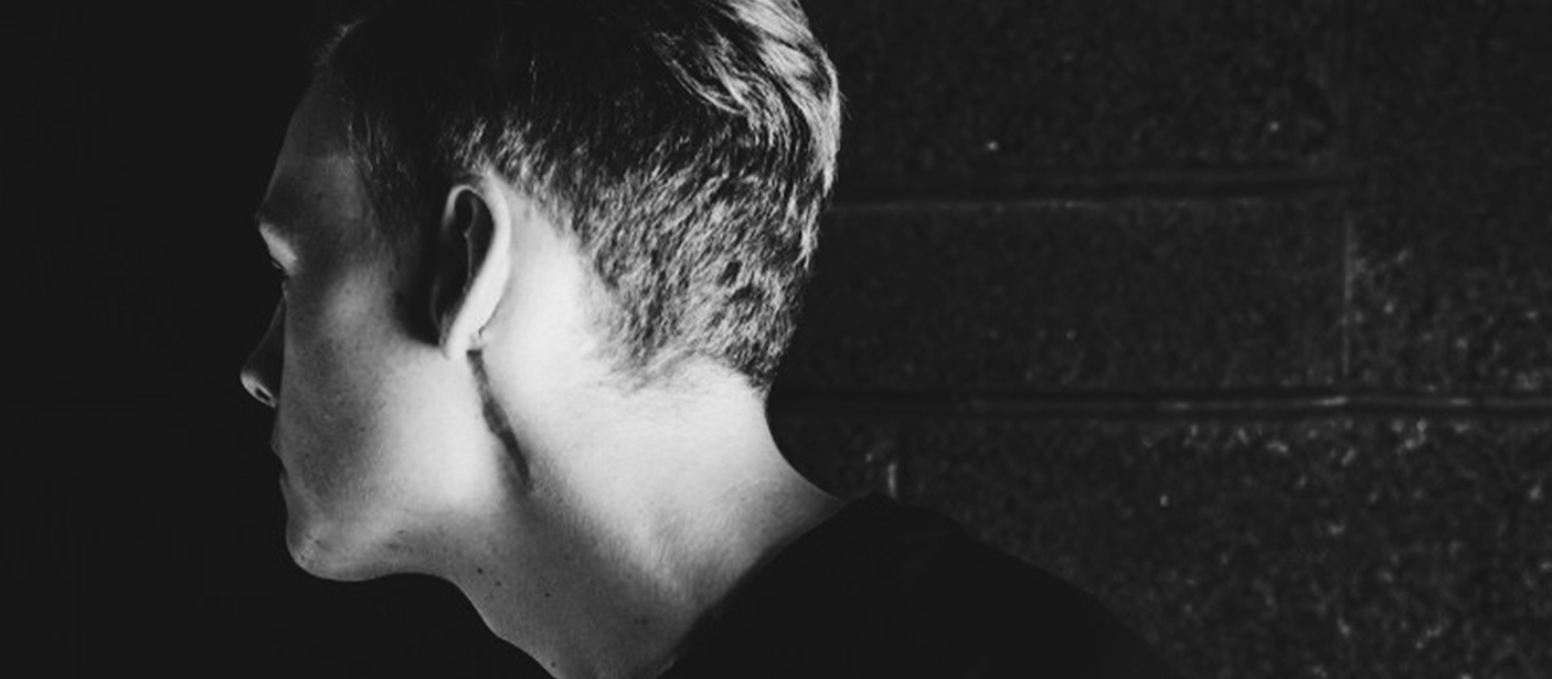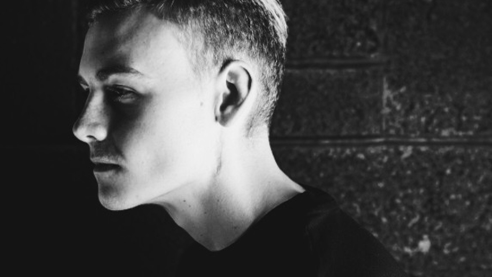Find out about The Open University's Health and Social Care courses and qualifications.
What’s it like to be a teenager with cancer? What changes? Does anything change? We’ve all had questions about cancer. It’s scary. And unfamiliar to most.
When did you get cancer?
I was sixteen. It was my sixth and final year of high school. Pressures and prospects on the horizon. At that time there’s a certain degree of planning that you must naturally undertake. You’re sixteen, after all. The stresses of life’s next steps seem to draw ever closer. Then, as I began to find my feet, the ground that I walked upon crumbled. And what I was left with was a diagnosis. It was a name which I was unacquainted with. Melanoma.
Now for those who are unaware, like I was, melanoma is a form of skin cancer. Skin. Cancer. A pair of words which are probably more familiar to most. But when I heard them, “Jack, it’s skin cancer”, it was the most unsettling, unfamiliar, and alienating conversation I’d had. I felt like a stranger in my own body. The skin that I was in looked a little less recognisable.
What was the experience like?
As the following weeks ensued, days became more drawn out with worry. I didn’t feel physically unwell which was a blessing. And the doctor’s seemed optimistic about my prospects. “We’ve caught it early,” they’d say. It made it sound like I was being burgled, though. Yes, we’d caught the cancer, but what had it already taken? I’d been robbed. Left without a once formidable sense of security. “I’m sixteen,” I’d plead. “Aren’t I supposed to live forever?”
When you just support the person with the cancer, you leave a hole in their life. Those around them are left to pick up the pieces on their own.
As my mind whirled, throwing up a dizzying disco of worry and stress, I began to get help – thankfully. The person who diagnosed me happened to, in fact, be a hero dressed up in nurses clothing. She didn’t take away the cancer. But lessened the stress. Put my mind at a relative ease. And beyond that, she helped my family. Cared for my carers. That truly changed everything.

What would you change about the view on cancer in teenagers?
At that time, being a “patient”, I was relatively well supported. I sat on beanbags and in beige coloured rooms talking about my feelings. Good days. Bad days. There was always someone there: Sheena, the skin cancer specialist, my friends, my amazing family. But what helped the most was that the support didn’t stop with just me. Yes, I had cancer, but my family had to deal with that same diagnosis.
You see, cancer doesn’t happen to one person. It invades a home. Plaguing the people it meets along the way with its heavy burden. My parents worried endlessly about the thoughts that murmured in my mind. My younger sister questioned how this changed things. She wasn’t supposed to help me. She was the younger one. I was supposed to help her, remember? That’s what a big brother does, right?
But, thankfully there was an outlet for them too. Mum also spoke to the skin cancer specialist. She wasn’t seen as a nuisance. And instead, her worries were nurtured. Cared for as if the cancer was her own. And that’s what I wish would happen for everyone. Cancer patients and the people around them being equally cared for. Equally appreciated.
When you just support the person with the cancer, you leave a hole in their life. Those around them are left to pick up the pieces on their own. And those pieces are complex and scary when someone you love has been shattered by a diagnosis. My sister said recently, when talking about the experience, “There are times to be strong, and times to let others be strong for you.”
I had cancer. But to truly beat it we must all, from the patients to their loved ones, be given the strength to do so. Each person cared for. Shown that they matter. And supported.





Rate and Review
Rate this article
Review this article
Log into OpenLearn to leave reviews and join in the conversation.
Article reviews